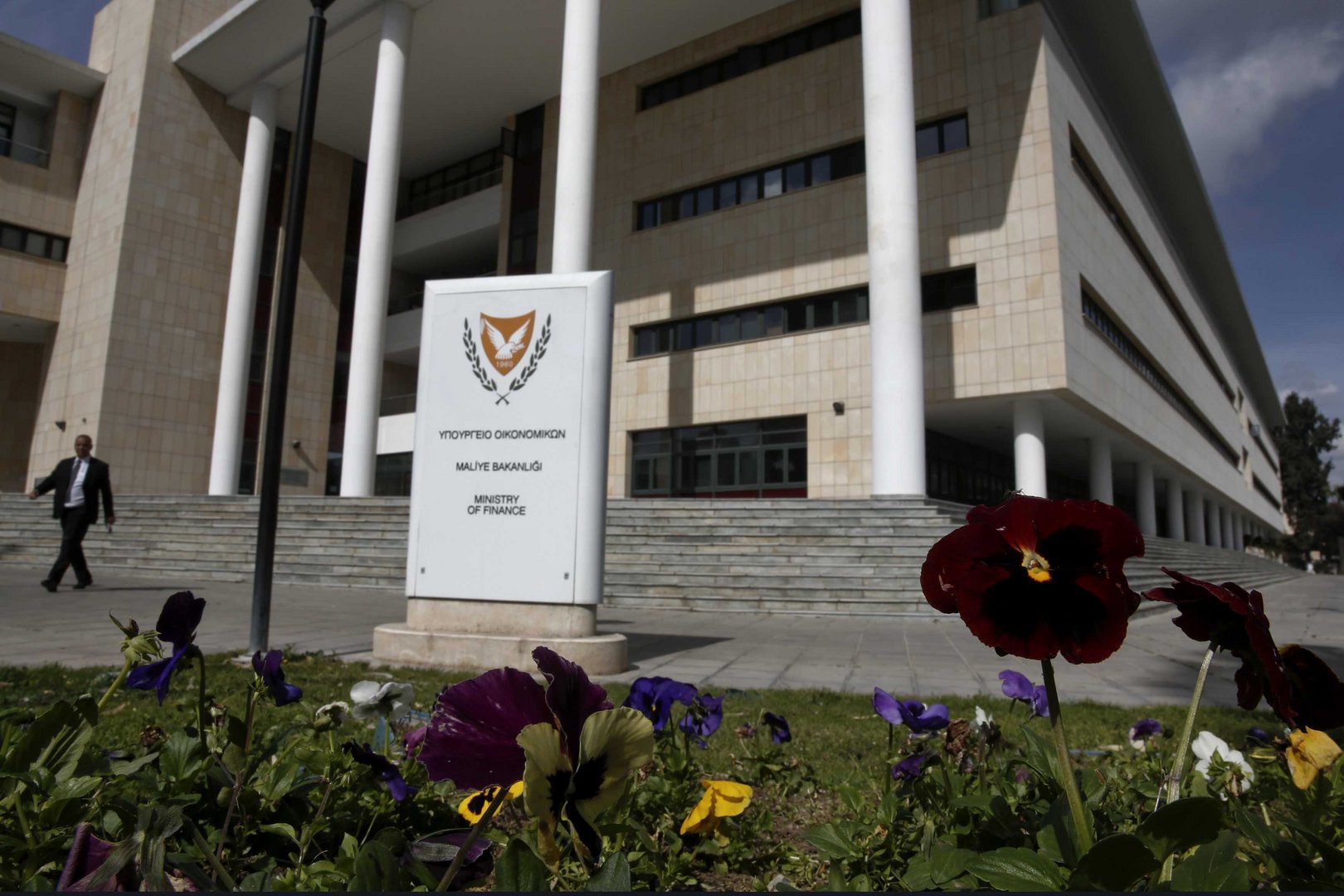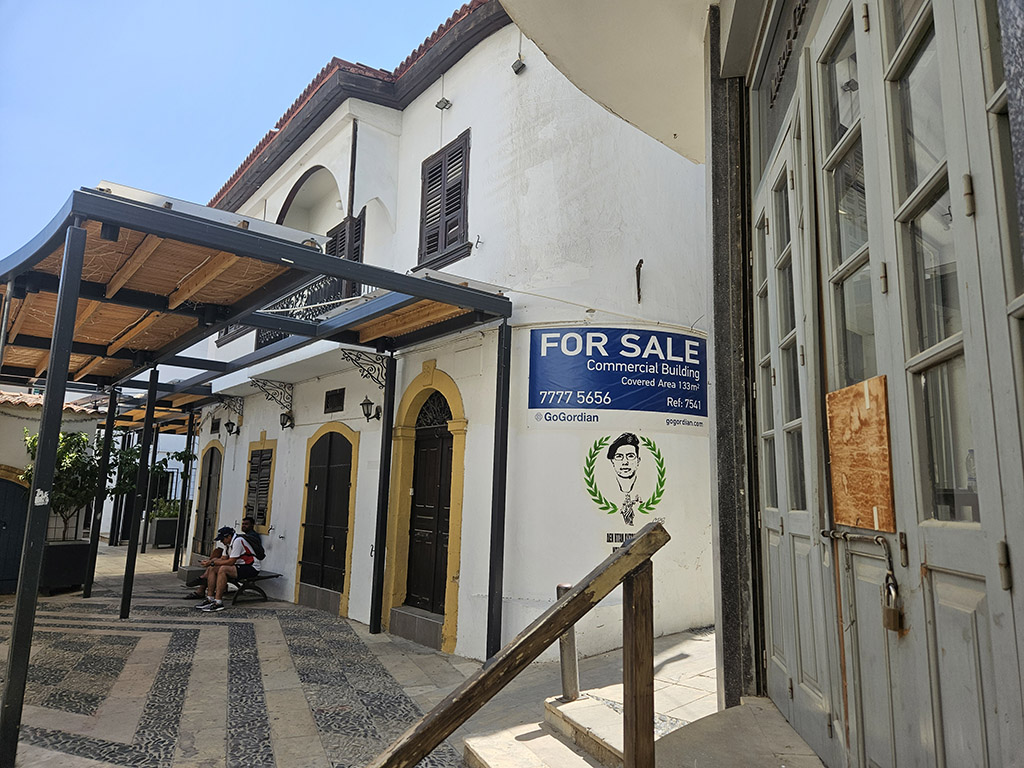A series of finance ministry discrepancies were highlighted on Tuesday by the Audit Office, including the delayed return of close to €9 million by the Cyprus Investment Promotion Agency and the ministry’s failure to include the sum in its revenue.
The Audit Office said it had looked into the correctness of revenue and expenditure during 2023, as well as the salaries of two permanent secretaries.
In its financial audit main findings, it said there had been “a long delay in the return to the finance ministry of the amount of €8,750,000 on behalf of the Cyprus Investment Promotion Agency”.
“We recommended that the finance ministry improved the procedure for notifying its treasury on the sums pending collection, so that it secures the completeness of relevant reports, which is deemed imperative,” it said.
In some cases, collections of previous years were transferred to 2023 revenue and in other cases collections made in 2023 were credited to deposit accounts instead of revenue funds, the Audit Office pointed out.
It also questioned an agreement set up with the OPAP betting shops. In its compliance report, the Audit Office said “the initial licence fee agreed on in the framework of the 15-year contract for the provision of OPAP SA games in Cyprus, even after the improvement that came about through the updating of financial data at our service’s recommendation, still causes us concern as to whether it was imposed under normal market conditions.”
To this end, the Audit Office intends to commission a report by a specialised consultant for further action.
It also said it had reservations about pending issues that arose after the abolition of the interstate agreement regarding the handling of €9 million from retained earnings from 2013 to 2024.
The Audit Office also referred to the Cyprus Asset Management Company (Kedipes), saying that the finance ministry interfered in its independence by indicating the way in which ten cases of non-performing loans should be handled, despite the fact that this is clearly forbidden.
Kedipes did not adhere to the finance ministry’s indications, it said.
Furthermore, the finance ministry had been paying a secretary allowance to the former presidents of the Republic and the House up until March 2024, on the basis of an affidavit handed in by the beneficiaries. From April 2024 onwards, proof of payment for the services is required.
The finance ministry requested an opinion from the Law Office regarding the possibility of the amounts paid out in the past being returned and whether those allowances were taxable. No reply had been received by the time the audit was completed.
Regarding an agreement signed in 2021 between the finance ministry and the Cyprus Stock Exchange (CSE) for services rendered in relation to the management of state bonds issued for individuals for the purpose of reducing the cost of CSE fees, the Audit Office said the whole issue needed to be revised. This, it added, had not yet been done.
It said the new agreement was not based on arm’s length terms and that the agreement should be revised, given that the CSE would be privatised and the government was expected to be associated with the future strategic investor to continue providing the services in the agreement with the CSE.
The Audit Office also touched upon gratuity grants, which it said were paid out unnecessarily, and that in some cases the payment was not debited to the assigned fund but to the finance ministry administration. Additionally, a project funded had greatly exceeded the budgeted cost.
The finance ministry had also acquired 100 per cent of the capital shares of the Cyprus Real Estate Development Company, set up in 1972 with the purpose of compensating people whose properties became inaccessible in the 1963 intercommunal conflicts. It operated until 1974 and then became inactive.
For this reason, the Audit Office recommended reassessing its usefulness or whether it should be dissolved and the assets be transferred to the state. It also recommended looking into the possibility of utilising two properties owned by the company in the south, worth around €12.6 million.
The Audit Office furthermore pointed to buildings lacking final approvals, the necessity to implement reforms for flexible working arrangements in the civil service and the pending rehousing of services that hinders planning and costs the state.







Click here to change your cookie preferences